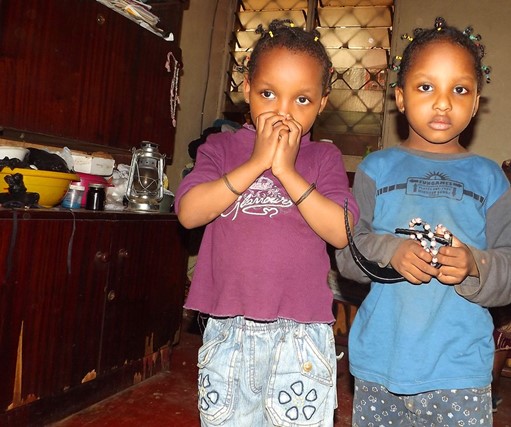Alone Time: Celebrate Differences
I recently had a lovely conversation with the mom of seven-year-old identical twin girls. She and her husband are making an effort to schedule alone time. They have been reluctant to incorporate this into their routine, worrying that they would be overwhelmed and unable to manage their time. However, both she and her husband have expressed surprise at how easy arranging alone time has been. One twin is attending a dance class, and the other is involved in a sport.
However, this mom related that tension and anxiety arises between the girls when one finds out what her sister did or received. For instance, the mom took one daughter to Starbucks after their time together and bought her a snack. The daughter insisted that they bring the exact same treat home to her sister. A similar episode occurred with the twin who went to McDonalds. She brought back an extra soda—the same flavor as her own—for her sister and insisted they drink together at the same time.
I explained to the mom that spending time alone with each twin creates opportunities for unique experiences with each child. The notion that both twins must have the same snack defeats the purpose of cultivating separate experiences. I have learned from my work with adult twins that expecting identical treatment from friends, romantic partners, or business associates can set one up for emotional disaster.
The mom insightfully recognizes that she has been blindsided by the “fairness” dynamic because she hoped to avoid conflict between the girls. Yet, she understands that managing conflict, rather than avoiding it, is an important life skill that must be modelled for her children. She also realizes how the girls’ insistence on sameness fuels their competitive feelings. For example, when one girl sees how easily her sister reads, the more advanced twin decides to quit and says she’ll leave the reading to her sister. She shuts down and avoids conflict and comparison.
I am delighted that this mom decided to contact me. She intuitively understands that her daughters’ behaviors are intensified by the twin dynamic. She will check in with me in a few months to let me know how the situation is progressing.



Hi Joan,
Interestingly, this dynamic played out with my own attachment to my parents and siblings and even common friends that my twin and I had. For some reason she knew how to bond and I didn’t. All my life I failed in my attempts to identify, understand and duplicate the attachment methods that my twin completely succeeded at. This left me in an emotional posture where I am always feeling on the outside looking in while wondering exactly how people do attach.